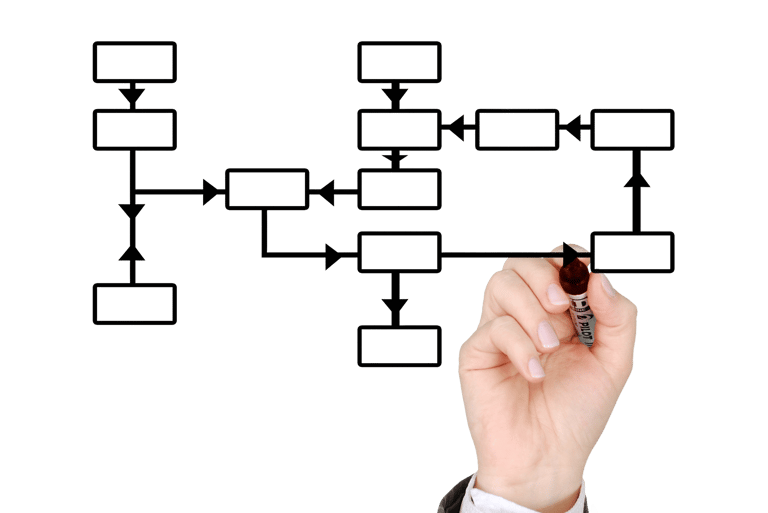What is it?
Attrition refers to the gradual reduction in the number of employees in an organization over time, typically due to voluntary resignations, retirements, or transfers to other companies. In software companies, attrition can significantly impact team dynamics, productivity, and morale.




How does Recalibrate Health address attrition?
At Recalibrate Health, we address attrition in software companies by focusing on the underlying mental health factors. We start by conducting thorough assessments to identify specific issues contributing to turnover, gathering input from employees and evaluating workplace dynamics. Based on our findings, we develop tailored strategies that enhance employee well-being, job satisfaction, and team cohesion. Recommendations often include regular virtual check-ins, promoting work-life balance, enhancing leadership and communication skills, and introducing employee engagement programs.
We work closely with your leadership team to implement these strategies, providing training, facilitating workshops, and offering mental health resources. To ensure success, we regularly monitor progress and gather feedback, making necessary adjustments for continuous improvement. Our goal is to create lasting, positive changes, fostering a culture of mental well-being that builds a resilient and engaged workforce, ultimately reducing attrition.

